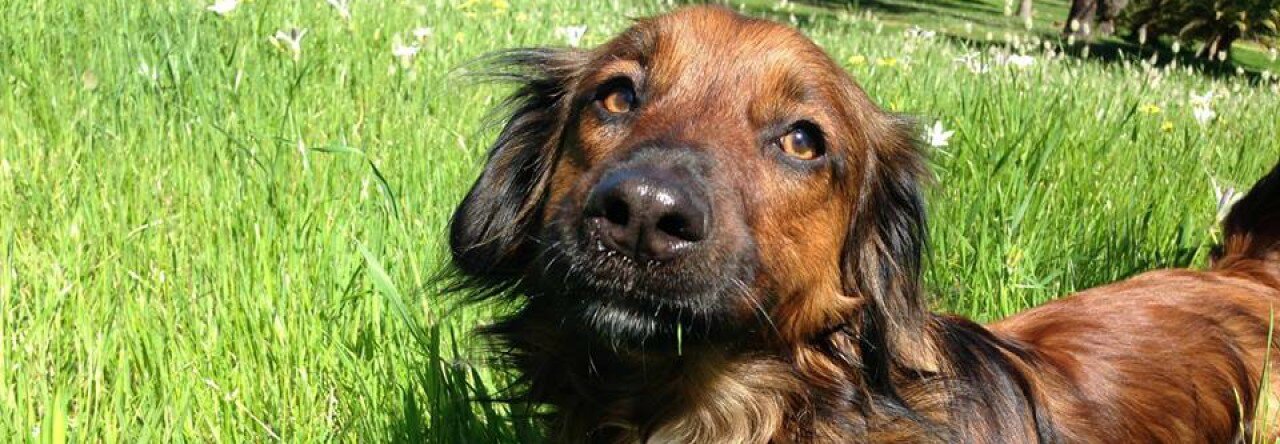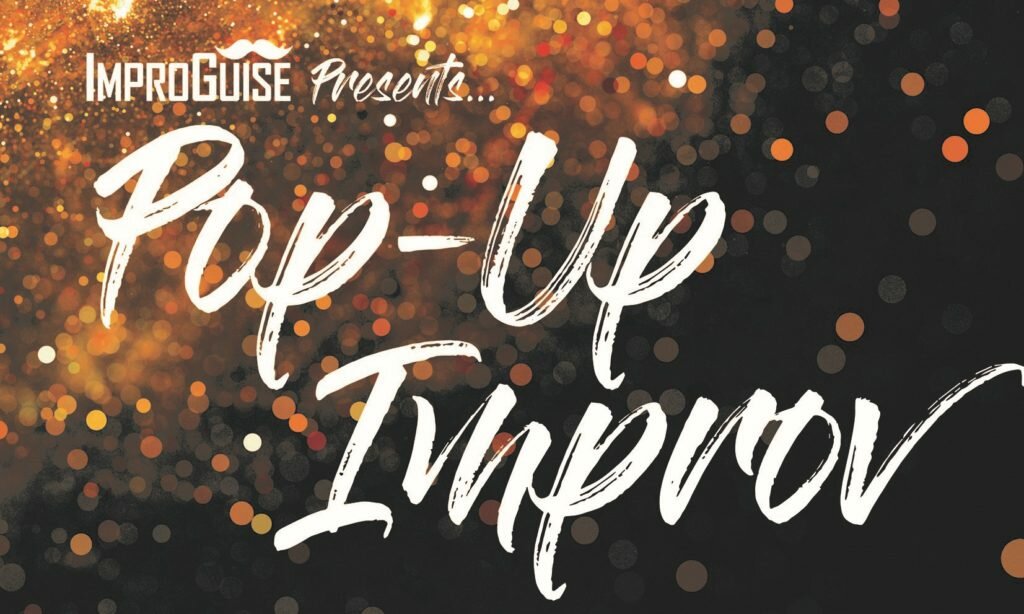I ran my first ever Working on Whiteness introduction conversation/workshop last night and I want to share many of the details. I want this to be the beginning of much more work of this nature, and so I want to explain it thoroughly so more people will feel compelled to attend, and will invite those who won’t be able to come to the conclusion for themselves.
I have made a deliberate choice to keep this work exclusively white. Ironically, POC are more comfortable and supportive of this. Friends I have spoken to have articulated how being black and having to explain over and over what their pain and anger looks and feels like to white people is exhausting and often futile. It is my opinion that white people need to do a lot of work before entering into the conversation on diversity. White people need better tools and more information to have those conversations. We need to start before those.
Anyway. The lead up to last night’s workshop was an invitation through email and on Facebook and Linked in to all white friends, connections, colleagues, associates and friends of friends, who live (or found themselves) in Cape Town to attend. I think I shared it personally with over 1000 people. Many people contacted me to say that they thought it sounded good but they were previously engaged/out of town and couldn’t make this one but would still like to come if there ever was another one. There will be.
There were eight participants. The evening was divided into improv games, storytelling exercises and facilitated conversation. And it was a gentle start in the right direction. Of course, the people in the room were already conscious that there were issues like racism, white privilege, white guilt, systemic racism and virtue signalling. What we unpacked was some of that.
We are like trapeze artists who could fall into the traps at any time. It is a lot of hard work, constant reflection, and deep listening to hear, see, feel, and stay on it and in it.
An earnest desire helps, but we have to keep pushing ourselves into the uncomfortable place of this work.
Here is some of what participants had to say.
“There is often resistance to having this kind of conversation informally in a group and if the subject of ‘whiteness’ comes up, the conversation can often become quite defensive.
I wondered (worried about) what would be asked of me in a workshop like this. I had been thinking in the privacy of my own mind about myself as a white person. The thought of going to a workshop to unpack whiteness was confronting, but I decided to go.
I am very glad I did. It was hugely worthwhile. Megan held the group expertly and led us though a number of really easy and fun exercises which were designed help us begin this conversation.
Once we began the conversation to look at our/my whiteness, it felt really easy and natural to do so in the environment that had been created. The feeling in the room felt very comfortable to me.
It was amazing to hear the thoughts of others in the group and good to share my own”. – L.S.
“When you finish a two-hour workshop and race conversation with a group of ten white people saying they could continue for another hour and want to sign up for an ongoing course, you know something special has happened. Megan Furniss’ ability to hold uncomfortable spaces gently while firmly pushing into the tough areas that desperately need to be talked about is key to this much-needed work. It was just the tip of a very large iceberg, but the fact that people paid to be in the room and were engaged for two hours with no sign of wanting to leave or stall was testimony to what we need to see so much more of.” B. A
Contact me if you want to start this, or even continue with this work.
 Today has been a really good day from a creative point of view. There have been a series of signs that I am moving in a positive direction – not totally there yet, but moving certainly. I am working my way through getting funding for my trip to the US so I can be at the reading of my play Lost Property at the end of May, and I am preparing for a reading of it here at home before I leave (watch this space for more news of that). I am gearing up for the first ever proper performances of my piece The Deep Red Sea on the 20, and 21 May at the Alexander Bar and Café, and I am preparing for teaching a series of classes and workshops. Also, my favourite thing happens next week, also at the Alexander Bar – we are improvising from Monday to Friday in The Style High Club, a series of long form improv shows dedicated to style – film noir, SA soap, Austen, movies and musical, all made up on the spot.
Today has been a really good day from a creative point of view. There have been a series of signs that I am moving in a positive direction – not totally there yet, but moving certainly. I am working my way through getting funding for my trip to the US so I can be at the reading of my play Lost Property at the end of May, and I am preparing for a reading of it here at home before I leave (watch this space for more news of that). I am gearing up for the first ever proper performances of my piece The Deep Red Sea on the 20, and 21 May at the Alexander Bar and Café, and I am preparing for teaching a series of classes and workshops. Also, my favourite thing happens next week, also at the Alexander Bar – we are improvising from Monday to Friday in The Style High Club, a series of long form improv shows dedicated to style – film noir, SA soap, Austen, movies and musical, all made up on the spot.
 I sprang out of bed today with the happiest sproing because on Thursday, Friday and Saturday night I am going to be improvising with ImproGuise and we are doing a different improv format on each of the nights and this makes me very damn sproingy.
I sprang out of bed today with the happiest sproing because on Thursday, Friday and Saturday night I am going to be improvising with ImproGuise and we are doing a different improv format on each of the nights and this makes me very damn sproingy.